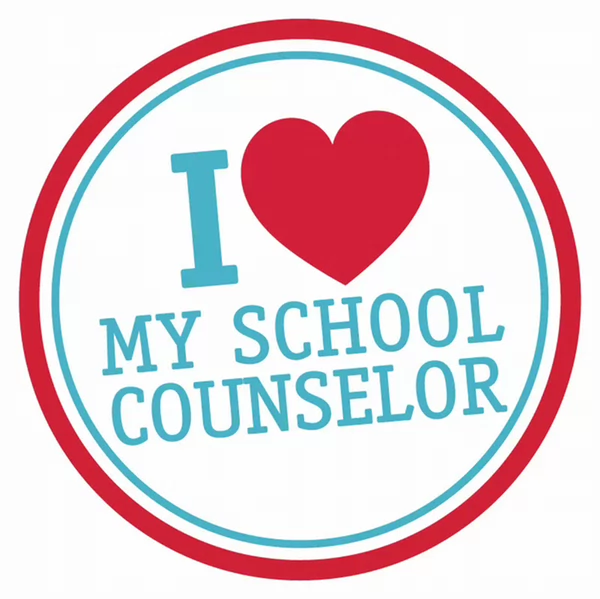
Prince William County Public Schools celebrates
National School Counseling Week
National School Counseling Week, "School Counselors: Standards-Based, Student-Focused," sponsored by the American School Counselor Association (ASCA), will be observed February 5–9, 2024, to focus attention on the unique contributions of school counselors within PWCS and highlighting the tremendous impact they have in helping students achieve school success and plan for a career.
Who are School Counselors?
 Both school and college career counselors are certified/licensed educator professionals with a master's degree and beyond. An integral part of the total education system, school counselors help students form healthy goals, mindsets, and behaviors; build relationship skills; and assist in planning their future career contributions to our world of work and community. Divisionwide, school counselors improve student success for ALL students by implementing a comprehensive school counseling program based on the Virginia Department of Education Standards for School Counseling Programs (PDF) and the American School Counseling Association (ASCA) National Model (PDF).
Both school and college career counselors are certified/licensed educator professionals with a master's degree and beyond. An integral part of the total education system, school counselors help students form healthy goals, mindsets, and behaviors; build relationship skills; and assist in planning their future career contributions to our world of work and community. Divisionwide, school counselors improve student success for ALL students by implementing a comprehensive school counseling program based on the Virginia Department of Education Standards for School Counseling Programs (PDF) and the American School Counseling Association (ASCA) National Model (PDF).
The School Counselor's Role
As defined by ASCA:
School counselors design and deliver school counseling programs that improve student outcomes. They lead, advocate and collaborate to promote equity and access for all students by connecting their school counseling program to the school’s academic mission and school improvement plan. They uphold the ethical and professional standards of ASCA and promote the development of the school counseling program based on the following areas of the ASCA National Model: define, deliver, manage and assess.
School Counselors:
- help students manage emotions and apply interpersonal skills;
- are actively committed to helping students explore their abilities, strengths, interests, and talents as these traits relate to career awareness and development;
- help parents focus on ways to further the educational, personal and social growth of their children;
- collaborate with families/teachers/administrators/community to help students reach their full potential and set realistic goals for themselves to ensure success;
- seek to identify and utilize community resources that can enhance and complement comprehensive school counseling programs and help students become productive members of society;
- advocate for students at individual education plan meetings and other student-focused meetings; and
- assist with individual academic advising and planning for postsecondary options (higher education, military, workforce)
Comprehensive developmental school counseling programs are considered an integral part of the educational process that enables all students to achieve success in school.
How Administrators and Educators can Celebrate School Counselors
Provided by the American School Counselor Association (ASCA)
Possible Reasons to Contact Your Student's School Counselor
Possible Reasons to Contact Your Student's School Counselor
- Academic skills support
- Bullying intervention and prevention
- Brainstorming solutions to conflicts
- Career preparation
- Coping, problem-solving, decision-making concerns
- Crisis or trauma support
- Divorce, separation, and family changes
- Experiencing loss, death, and grief
- Finding out how to search for scholarships
- Having a bad day and talking to someone who will listen
- Making important decisions
- Organizational, study and test-taking skills
- Parent Military Deployment
- Peer relationships and conflict resolution
- Post-secondary planning and college application process
- School transition/adjustment concerns
- School-based and community resources information or referrals
- Substance abuse awareness
- Suicide intervention and prevention
